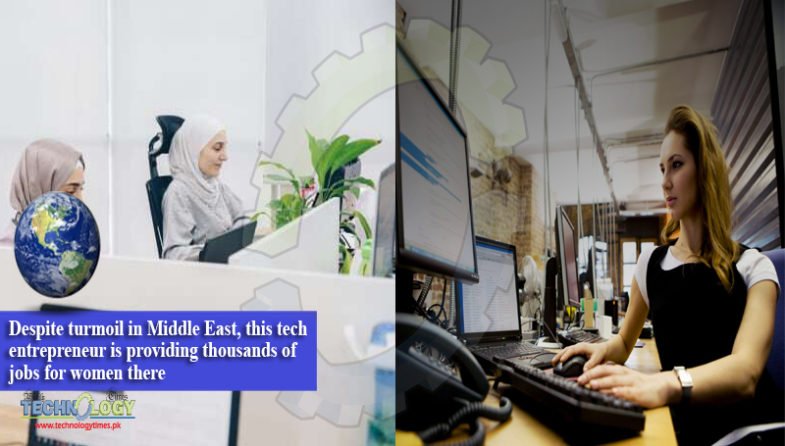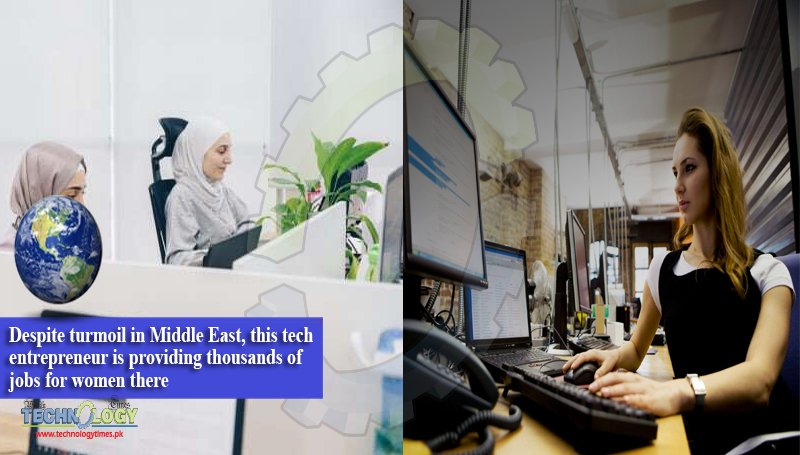The mounting tension between the U.S. and Middle East adds to the long list of challenges citizens there are facing. Lack of jobs is another. This is especially so for women, who face even more obstacles from access to finance to freedom of movement when it comes to making money separately from their husbands and families.

In 2017, unable to find consistently high-quality, on-demand Arabic translation services for her nine-year-old translation agency Tarjama — which means “translate” in Arabic — she launched Ureed, an online editorial marketplace that connects businesses all over the world with Arabic writers and editors who work from home.
Most of Ureed’s freelancers are women who, until now, had been prohibited from working outside the home in a traditional setting. To date, Al Hassan says Ureed, which means “I want” and is based in Dubai in the United Arab Emirates, provides work in the linguistic services for some 17,000 freelancers across the region.
“A lot of women in the Middle East are super-talented and highly educated,” said Al Hassan, “but unfortunately they are not given the opportunity to work for valued companies or 9-to-5 jobs. We can balance that by giving them flexibility and guaranteeing that they will be paid in a seamless manner. Freelancers worry about getting paid, but the minute a customer signs onto our platform and assigns a job, payment is held in an escrow account for the freelancer.”
